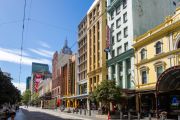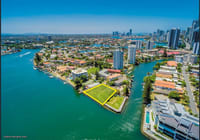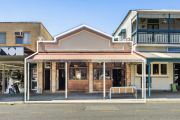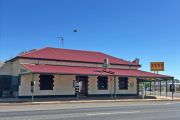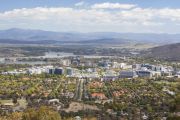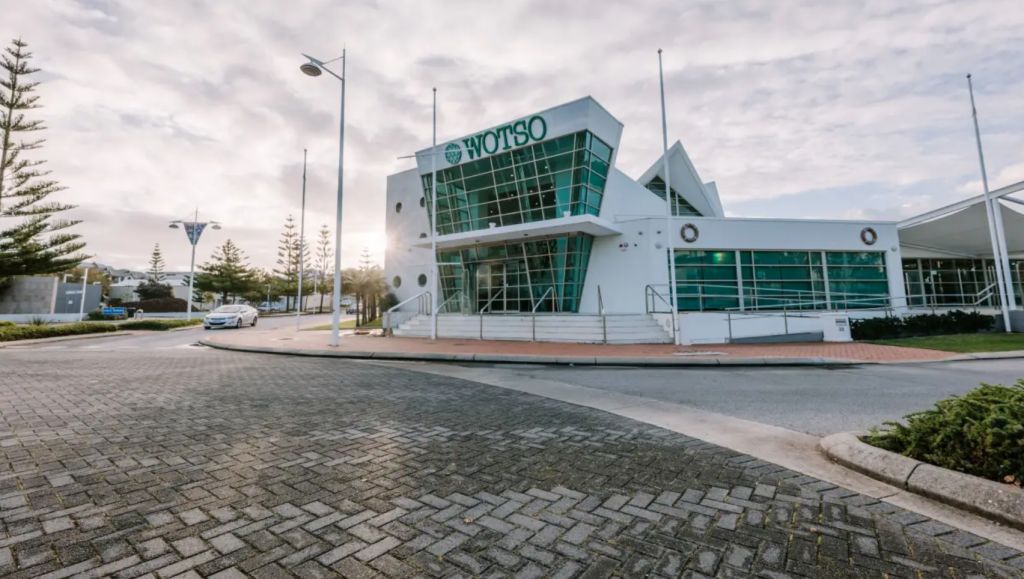
Wotso boosts income as co-working hubs revive
ASX-listed Wotso Property has weathered the disruption of two years’ of intermittent lockdowns, lifting its net rental income by about 50 per cent above pre-pandemic levels.
Wotso owns more than 81,000 square metres of commercial property and operates 42,000sq m of flexible space. It generates revenue through property rental under traditional lease arrangements and month-to-month under its Wotso flexible space brand.
Since the lockdowns ended, both income streams have recovered, the operator reported in its financial year 2022 result. Wotso’s annualised turnover is just under $24 million, almost 50 per cent higher than it was before COVID-19 disrupted the office and co-working markets.
“The Wotso business has continued on its upward trajectory as existing sites mature and new sites are added to the network,” joint managing director Jessie Glew said.
“The impacts of COVID were material but the demand for flexible space is stronger than ever. We’ve seen more and more businesses recognise the value and benefits of flexible space as people’s working habits and behaviours continue to evolve post-pandemic.”
Boosting Wotso’s statutory net profit substantially as well were net asset revaluations of more than $32 million, compared to nearly $8.5 million recorded a year earlier. Driving that revaluation were a tighter capitalisation rate, akin to an investment yield, and stronger occupancy rates.
As well, some of those valuations take into account the income Wotso collects through its flexible space offerings. As a result, statutory net asset value per security has risen to $1.56 from $1.44 a year earlier.
“We have maintained a modest level of net gearing, now at 27 per cent, but expect to increase gearing as we look to draw debt on unencumbered properties to fund acquisitions and capitalise on opportunities as they present,” said joint managing director Tim Brown.
A big part of the Wotso strategy is to focus its co-working hub operations outside city centres, taking advantage of suburban workers’ need for flexible space closer to home. Another strand to the strategy is the acquisition of distressed assets, which it then turns around into co-working hubs.
Over the past year, Wotso has bought three distressed buildings, including a former 1500sq m sailing museum at Mandurah in Western Australia, that had closed in 2012 and struggled to maintain a permanent tenant since.
Bought as a vacant building, the property has been transformed into a Wotso hub, retaining many of the original structures and features and sourcing much of the remaining fit-out from a local recycle yard. After opening in June, the Mandurah facility is already 30 per cent occupied, Wotso reported.

